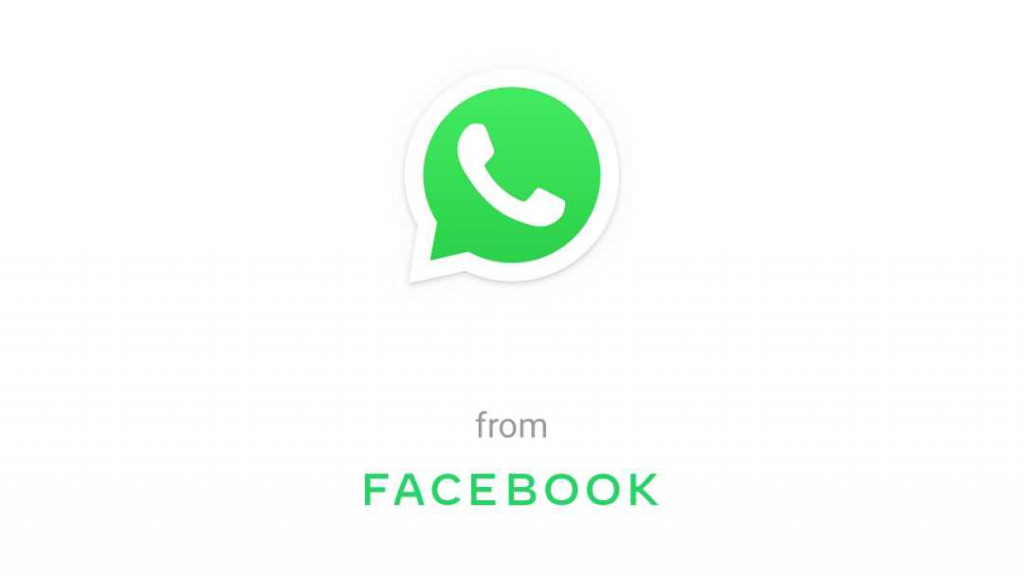In January, news sites were flooded with news regarding WhatsApp’s unexpected announcement that it will start sharing user information with its parent company, Facebook. After online backlash, WhatsApp pushed the date to agree to the new terms out to 15 May 2021. Now, the South African Information Regulator says the blue social network will do no such thing, barring Facebook from collecting increased user data unless it obtains authorisation.
The regulator’s concerns come two months before WhatsApp users will be forced to accept the terms or face being blocked from sending messages on the platform. They’re not pleased with Facebook’s ultimatum.
WhatsApp-ening with the IR?
“WhatsApp cannot, without obtaining prior authorisation from the IR, process any contact information of its users for a purpose other than the one for which the number was specifically intended at collection, with the aim of linking that information jointly with information processed by other Facebook companies,” the regulator said in a statement this week.
It details that its concerns are viable under South Africa’s Protection of Personal Information Act rules. According to Business Insider, the IR has contacted Facebook and is awaiting feedback on its concerns.
“We are reviewing a letter from the Information Regulator in South Africa, which relates to our privacy policy. To be clear, this update does not expand our ability to share data with Facebook and does not impact the privacy of your messages with friends or family wherever they are in the world. WhatsApp does not share your contacts with Facebook and that policy applies to users everywhere, including in South Africa. We remain fully committed to delivering secure and private communications for everyone,” a WhatsApp spokesperson said to Stuff SA.
It’s hard to believe that Facebook will look into the probe at this point. This brings back memories of the establishment of the GDPR in the EU and the massive court case that preceded it. South Africa may not be a priority as the company is facing a media ownership battle in Australia, but we can always hope.




